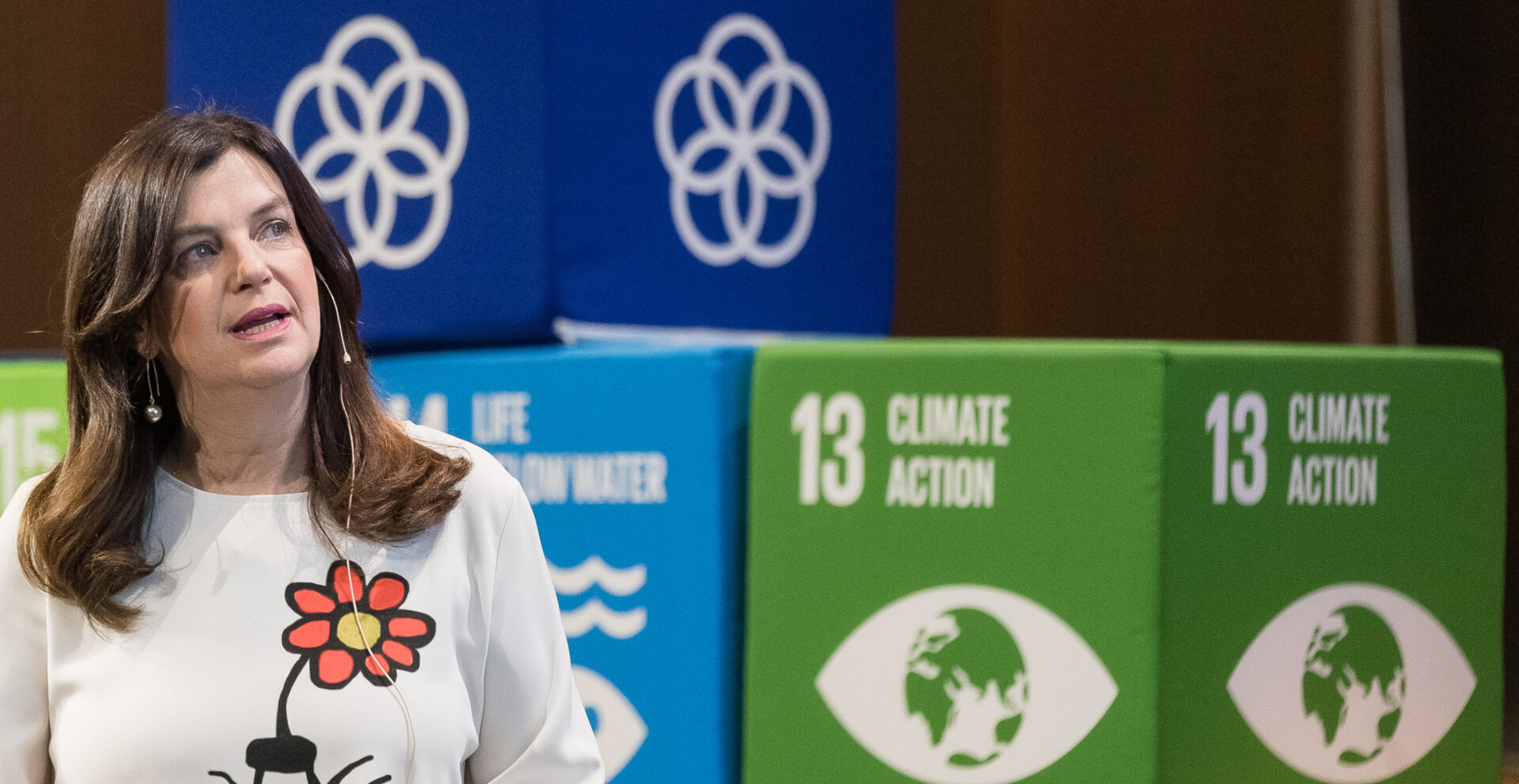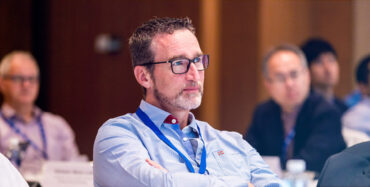
Vanina Farber, elea Professor of Social Innovation at IMD outlined the pathway to success in a tricky marketplace to delegates at IMD’s 2019 Annual International Alumni Event. Key to success, she said was identifying purpose, creating robust analytics for its assessment and signaling commitment to transformation through resourcing and messaging.
“Global trends have brought purpose inside the market space – you need to manage it. Not just with a nice statement on a page but a value proposition that convinces your customers, your staff and your kids,” she said.
Professor Farber outlined the current market environment. Characterised by a decline in trust of institutions; radical digital transparency; regulatory trends, a decline in natural resources from which no industry is unaffected, the commodification of brands and stakeholder activism, together these factors are resistant to old styles of business.
To break through the multiple barriers they present, businesses must identify a sense of urgency to find their purpose. Using the timely example of Greta Thunberg, who last week made an impassioned speech to the UN Climate Action Summit in New York, Professor Farber asked why the 16-year-old climate activist elicits such strong responses from her audience.
“What triggers us? Why do we have such a visceral reaction to her? Is it that we know what we have to do, but we do not do it? Does her sense of urgency break through our inertia? Does her anger overcome our apathy?”
The new market paradigm demands an approach just as motivational but one that is also anchored in sound analytics and communicated through commitment to the UN’s Sustainable Development Goals (SDGs) or certifications that enable transparency.
A significant shift between the aspirations of millennials compared to their parents’ generation was also worth considering, she said. While the older generation equated success with ownership, consumption and waste, their children placed more priority on qualitative factors, such as relationships, health, a less stressful lifestyle and goods that were built to last.
Professor Farber closed with a call to action: “It is time to challenge what you are doing and think about what it could be,” she said. “I want to reframe Greta Thunberg’s question of ‘How dare you?’ to ‘Do you dare? We dare to join us in this quest, to have a positive impact and change the system for the better.”


